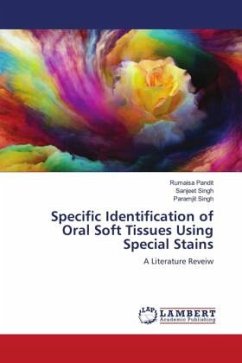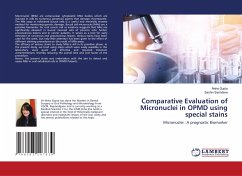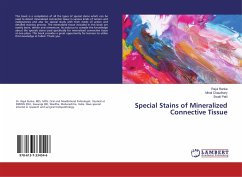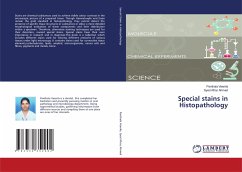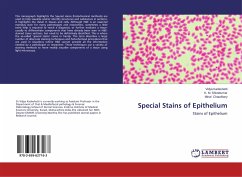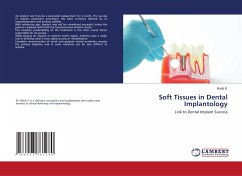Staining is the artificial colouration of the substance to facilitate it's examination by the use of a coloured organic molecule called dye.Histological staining is a series of technique processes undertaken in the preparation of sample tissues by staining using histological stains to aid in the microscope study. The process of histological staining takes five key stages which involve; fixation, processing, embedding, sectioning and staining .Staining is used to highlight important features of the tissue as well as to enhance the tissue contrast. Histological staining is commonly used for pathological diagnosis and in forensic studies.The most common and routine stain used in histopathology is a combination of haematoxylin and eosin (H&E). However, it simply cannot answer all the questions that a case poses at the plain diagnostic level, and it is clearly insufficient when one engages in an etiologic, histogenetic, or pathogenetic quest. As a consequence, the pathologists have always searched for additional techniques to probe those questions.. Colloquially, these techniques have been referred to as "special".
Bitte wählen Sie Ihr Anliegen aus.
Rechnungen
Retourenschein anfordern
Bestellstatus
Storno

